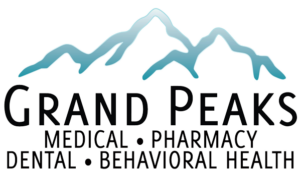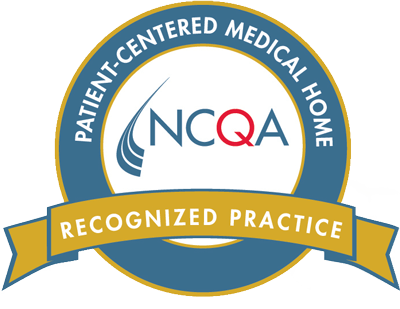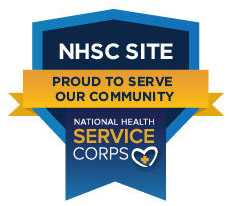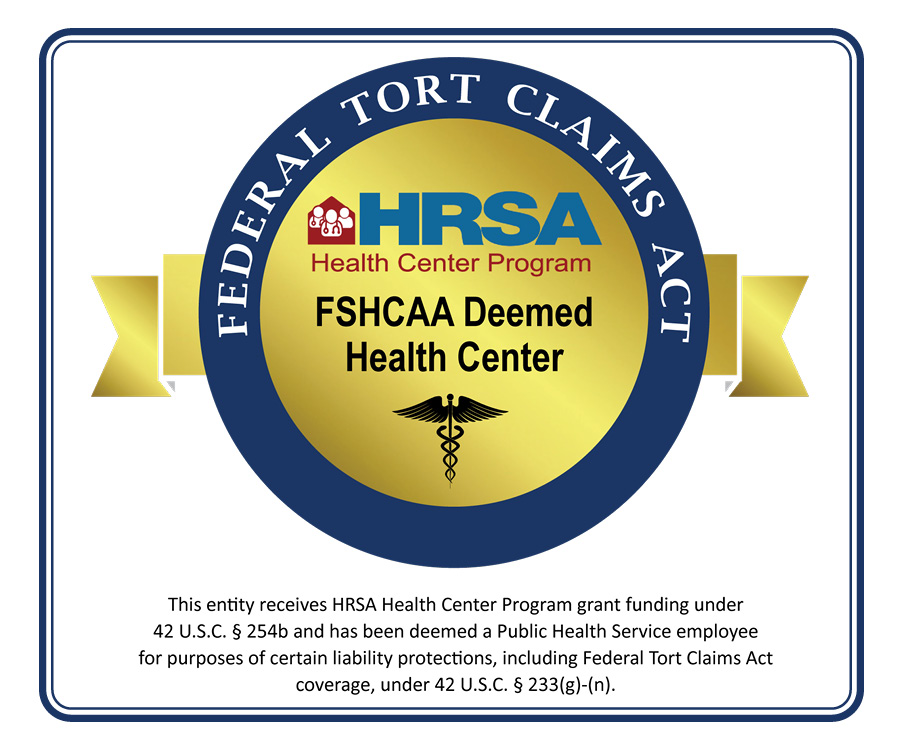Greetings! We Welcome You To Another One Of Our Patient Education Videos!
My name is Dr. Jacob Curtis I’m a physician at Grand Peaks Medical. I practice in the realm of family medicine with an emphasis in obstetrics. I also serve as the medical director at our organization. We’re excited to share with you in this patient education video some tips and tricks that can help to improve your sleep.
As you can see from my cover slide, this is taken from my high school days when Bon Jovi came out with an album called I’ll sleep when I’m dead. It’s a popular expression many of us are perhaps guilty of using and we’ve likely heard throughout our lives. Unfortunately, we falsely believe this.
The purpose of the few moments we have together is to review why sleep is so important, and some things that we can do to help us to improve in our sleep hygiene. The disclaimer is that this is not to take place of advice given to you by your healthcare provider. If you’re having emergent or concerning symptoms you’re instructed to follow up with them and or go to the emergency room.
Benjamin Franklin perhaps said it best nearly 300 years ago when he coined the phrase which is popular still today “Early to bed, Early to rise makes a man healthy, wealthy, and wise.” Little did Mr. Franklin know nearly 300 years ago, all the scientific data that would support his claim. The challenge is most of us as Americans do not have great success in achieving what he encouraged us to do. There are a lot of complications of insomnia or inadequate rest just to outline a few. It can decrease our performance in whatever our activities might be. It also delays our reaction time. There have been several studies that show 24 hours of sleep deprivation is comparable to being legally intoxicated. It also can increase our risk of getting colds, other viruses, and it can compromise our immune system. Lack of rest also increases our risk for certain mood disorders and other factors that can affect our mental health such as depression and anxiety.
Furthermore, lack of sleep can increase other comorbidities or other complications such as increase our risk of obesity. This could be due to metabolic changes that occur within our body, or as in my case make you more likely to eat things that you might not otherwise and in in higher quantities. This can secondarily lead to high blood pressure, diabetes, and other disorders including heart disease.
Over the last 50 years several tragedies have had their root cause in sleep deprivation. The top left reminds us of the hundreds of American lives lost each day in car accidents. Oftentimes inadequate rest is a common factor that can play a leading role in causing the accidents. The top right is a reminder the Chernobyl accident. As they studied that they realized that sleep deprivation was at the root cause of a mistake that was made. The middle slides remind us of something some of us experienced in the 80’s when the challenger shuttle exploded into space. The bottom left the Exxon Valdez oil spill was also a result of sleep deprivation. The consequences of sleep deprivation can be large and small. The point is it’s so important for us to get adequate rest in order to be our best.
Why is it so important?
During those six to eight hours we spend sleeping there’s so much restructuring pf modeling in our brains. Much like shutting our computer off at night and updating it. Sleep helps us to heal and to regenerate things that have otherwise been damaged and injured in the course of our daily activities. Here are some of the things that we can and should do to help improve our sleep.
First it’s important to create a bedroom environment that’s relaxing, oftentimes making it colder than what we might be accustomed to. When our body temperature’s warmer it’s hard to get adequate rest in most cases.
Second, and this is huge. In 2020 we’re just too plugged in. We’re using our electronic devices too much and for too long. One of the worst things that we can do that really disrupt our circadian rhythm is using electronic devices in our bed. Many of us use our phones, watch tv, have computers open in bed. We really need a high yield activity that we can engage in, especially if we’re having challenges and difficulties falling asleep or staying asleep. That can make a profound difference! Many studies have shown that if you turn off electronics an hour before bed that’s going to help your body to wind down more effectively. So no electronics in bed and even try to avoid those an hour prior!
Having a regular sleep and wake cycle can also be helpful. Those of us who are parents and have raised children or are raising children know it’s so important to have that regular routine.
Another huge area of guilt for many of us where we have opportunities for improvement is our caffeine consumption. Caffeine is referred to as a methylxanthine also known as a diuretic. It’s not just the stimulant effects that can stay in our body six to eight hours after consumption but as many of us know who consume caffeine it can act as a diuretic and cause you to have to get up in the night to use the restroom more often than you otherwise would.
As a reiteration from the bullet point on electronics, really try to use your bed only for sleep. for those who are students not doing homework in bed, not studying things that’ll stimulate our brain. Our brain is so incredibly amazing and it gets confused if we try to encourage us to stay alert in the same setting that we then encourage it to fall asleep. So try to separate those activities locations. Keep pets and I might also add young children off your bed. I know that sometimes, especially when our children are small, your bed can become the family bed. But that can really disrupt us and them!
Another strategy that’s helped many who have a difficult time falling asleep is wearing sleep clothing. what I’m referring to by this is, oftentimes people and their motivation to have better health might say “I’m going to hit the gym tomorrow and to prepare me for that I’m going to wear my gym clothes tonight.” but that can really mess up your sleep cycle! Having something that your body knows that when you put on it’s time for bed can really help. It could be shorts, a nightgown if you’re so inclined. That it’s going to help us to be classically conditioned to fall asleep more effectively.
Other bedtime ritual factors that can help us fall asleep are taking a hot bath, finding and reading a book, warm milk or a chamomile tea. Lastly for those who have an exceptionally busy mind and just can’t quite shut it off writing those things down can help you have some element of closure. For some, prayer, reflection, or meditation can also help with that.
This slide is a little bit comedic, but also true. I don’t want to sleep like a baby, I just want to sleep my like my husband. I think my wife could attest that the truth of that in our household. For children the tips are similar again, bedtime rituals, and enough time to sleep. This is a reminder of the ages of our children or grandchildren and how much sleep their body really requires. Having the regular sleep and awake times, and systematic ignoring can help as well. I deliver a fair number of babies and take care of those babies in the office, and I see a lot of young first-time moms who feel guilty about allowing their baby to cry to sleep. They worry that they’re going to cause some type of repressed negative emotions as they get older. It’s just not true, if our child is fed, if they’re changed, it’s okay to let them cry for a period of time. If it goes on for a long time give them a brief hug, but let them getting back to that systematic ignoring. I know it’s tough to do, there might be some tears and some hand holding with your spouse to get through that but it really can help to train them and us.
Positive reinforcement for the good behaviors, especially that toddler who’s trying to learn how to sleep in their big girl or big boy bed. Encourage them with a sticker chart or other things as they have positive experiences and success even in smaller areas. Sleeping in their own beds is another reiterated point. White noise, we’re a huge fan of white noise in my house. kind of drown out some of the other sounds that might otherwise disrupt them. It’s interesting, night lights can be helpful for kids, but less so for adults.
The question is “When is it necessary to see your health care provider?” If you’re still having a difficult time falling asleep within 30 minutes, or staying asleep throughout the night after incorporating these sleep hygiene measures It’s time to visit your healthcare provider. For some individuals they might be suffering from chronic pain that’s prohibiting them from falling asleep. I’d encourage following up with your health care provider to address that as well. Others might have a really difficult time turning off their mind, there might be some less well-controlled symptoms of anxiety and or depression. I encourage you to talk to your health care provider about that too. For others there might be excessive nighttime urination, there might be metabolic or underlying endocrine or other medical disorders that can be corrected and adjusted. Just putting a plug for following up with your healthcare provider.
Thank you for joining us for this brief educational video. We hope that you’re able to incorporate these principles to have improved sleep to improve your health and those around you. Thank you.
